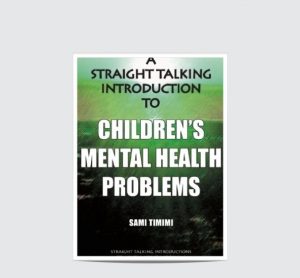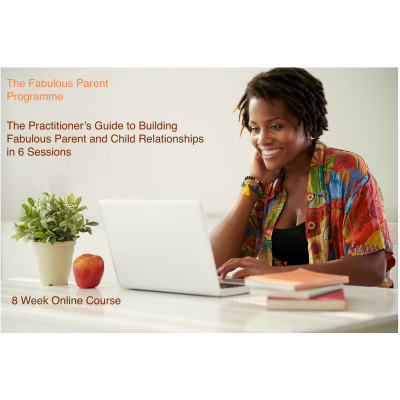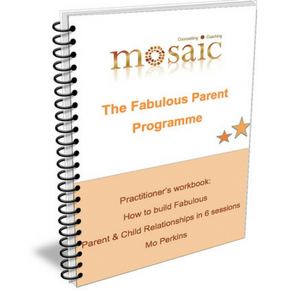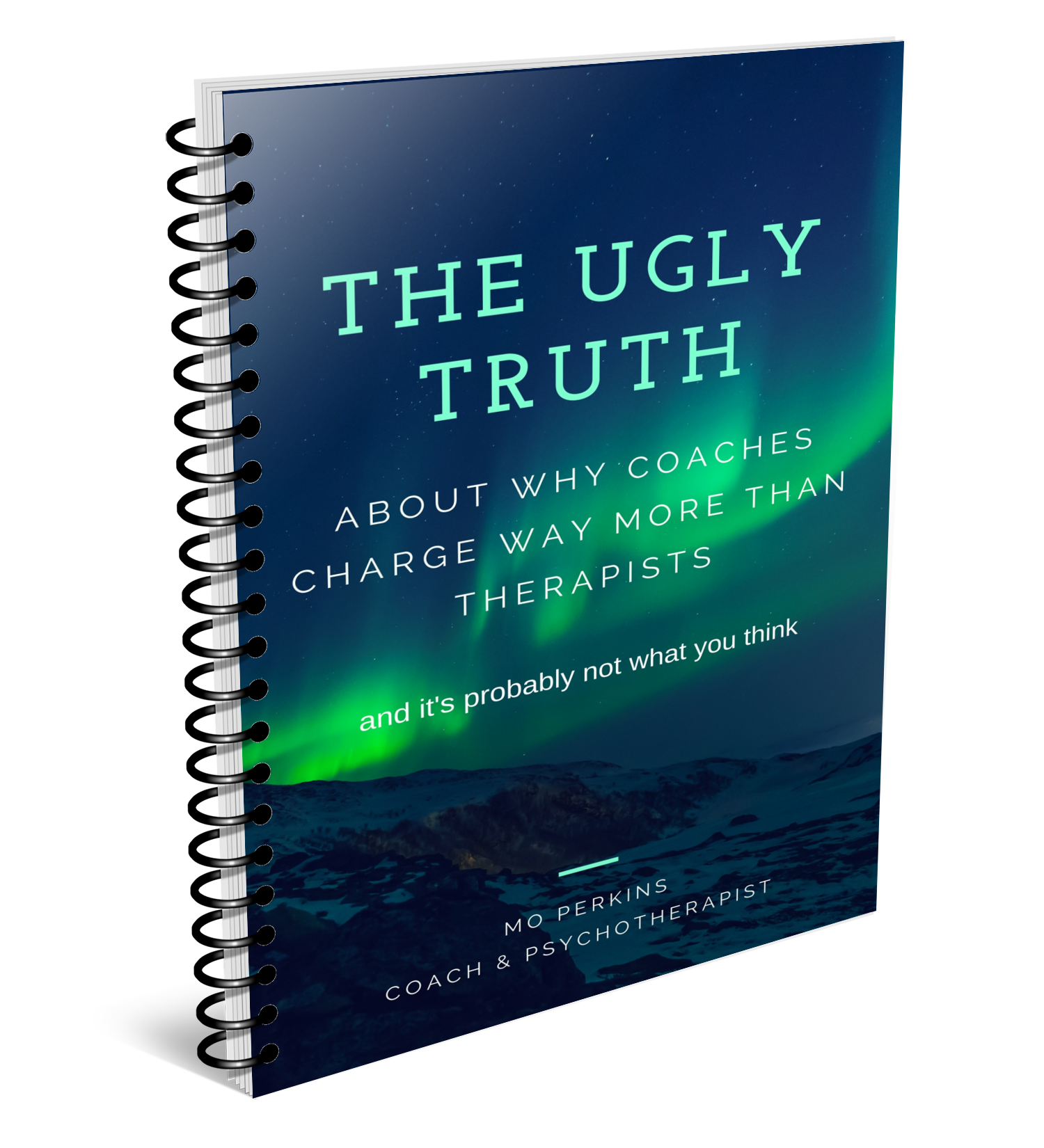Book Review:
A Straight Talking Introduction to Children’s Mental Health Problems
Written by Sami Timimi
I’m sure if you work with kids or their parents you have lots of books on your shelf just like I do. The books you wouldn’t be without and couldn’t put down and the books that you didn’t quite connect with.
I’m often asked to recommend books by the practitioners I supervise and train so I decided to put together some of my past book reviews. I’ve got many other titles related to working therapeutically with children I can share with you, both practical and theoretical so look out for more reviews from me.
If you’ve read any of the books I’ve reviewed on this page or have book recommendations of your own please leave a comment. I’d love to hear from you.
This fabulous little pocket book by child and adolescent psychiatrist Sami Timimi offers a wealth of well researched, jargon free information. He writes from a critical perspective, challenging many of the prevailing beliefs and attitudes that govern the diagnosis and treatment of children with conditions such as Attention Deficit Hyperactivity Disorder, Autistic Spectrum Disorders and Childhood Depression.
Chapter 1 argues that children’s mental health is shaped by the cultural beliefs of society thereby influencing the meaning we give to a problem and how we deal with it. Chapter 2 explores societal changes that have occurred impacting child development, for example changes in family structure and quick fix cultures that have become part of modern society. The following chapter highlights the absence of medical tests that can determine any of the above conditions and therefore highlights the subjective nature of any diagnosis. The fourth chapter explores the treatments available for childhood psychiatric disorders. Timimi discusses antidepressants, stimulants and antipsychotics and offers compelling research evidence which suggests that these treatments are neither effective nor safe. He contrasts this to the benefits of psychotherapy and touches on the debate many readers will be familiar with that it is the therapeutic relationship rather than the technique which has the greatest impact on outcome. The final chapter looks at some common pitfalls for parents managing their child’s mental health such as having unrealistic expectations of their child’s behaviour or failing to acknowledge the stress caused to children through unresolved difficulties between their parents.
While there will be many people who read the book in agreement with every word, I imagine there will be others who find that the content disputes the very foundations of their practice. Whichever camp you fall into, I think this book is essential reading not only for all professionals working in the child and adolescent mental health field but also for all parents who are struggling to understand their child’s behaviour or who are required to make an informed choice about the treatment options for their child following a medical opinion suggesting one of the above conditions.
Mo Perkins, Integrative Psychotherapist and Supervisor in Private Practice.




